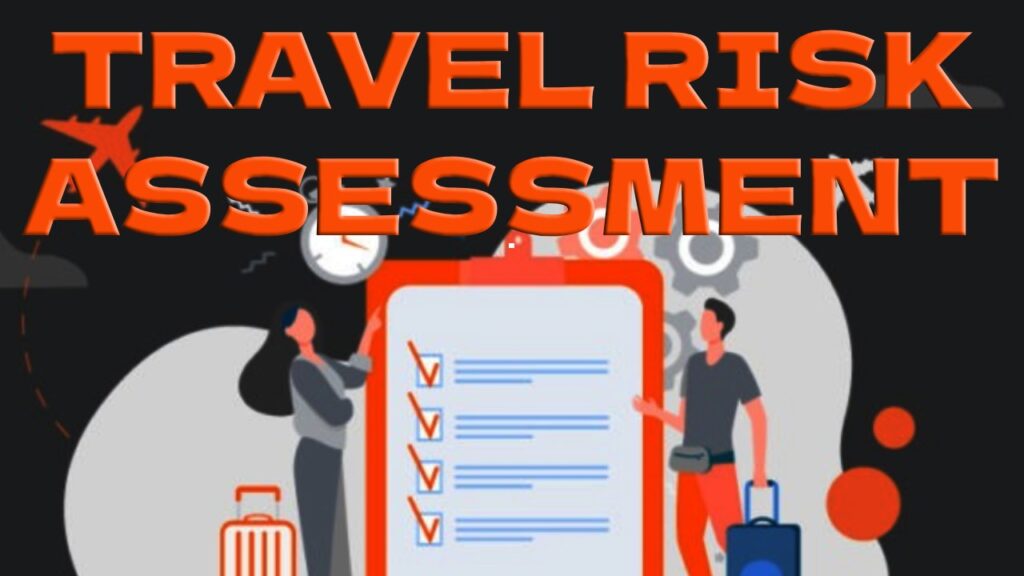Christopher Cook‘s professional journey is a testament to his deep-rooted commitment to the field of higher education, spanning over 14 years. Currently serving as the International Travel Risk Analyst at the University of Denver, he brings a wealth of experience garnered through various roles. His tenure in the sector has been marked by versatility, having served as an education abroad professional, a risk manager, and a study abroad instructor.
Before assuming his current position, Christopher honed his expertise at esteemed institutions such as Cornell University, where he held the role of Associate Director, International Travel Health & Safety. Prior to that, he contributed significantly to the University of Central Florida as the Assistant Director, International Travel Health & Safety. This rich tapestry of experiences has equipped him with a nuanced understanding of the intricacies involved in managing international travel risks within the realm of higher education.
Christopher’s academic pursuits further underscore his dedication to the field. With master’s degrees from California State University, Long Beach and Florida State University, along with a Graduate Certificate in Emergency Management and Homeland Security from the University of Central Florida, he possesses a robust academic foundation. In his current capacity within Enterprise Risk Management, he assumes a pivotal role in shaping travel risk policy and institutional emergency response strategies.
Beyond his professional endeavors, Christopher is an active participant in industry initiatives, serving as a co-chair for the NAFSA EA KC Health and Safety Subcommittee and contributing his expertise as a member of Pulse International. Additionally, his role as a QUIP consultant for the Forum on Education Abroad speaks volumes about his influence and contributions to the field.
During his insightful conversation with The Interview World, Christopher shed light on the critical aspects of international travel risks. He emphasized the meticulousness of risk assessments before students’ travels, articulating the myriad challenges and complexities inherent in this domain. His commentary underscored the profound reliance students place on such analyses, highlighting the crucial role played by professionals like himself in ensuring safe and enriching educational experiences abroad.
Q: What are the key factors and findings of the international travel risk analysis that you could elaborate on?
A: When considering international travel risk analysis, I approach it with a threefold perspective. Initially, it involves thoroughly preparing our faculty, staff, and students for their journeys to diverse destinations worldwide. Concurrently, we diligently monitor global events to stay informed about the situations affecting our community members abroad. Additionally, ensuring their safe return home is paramount. This entails providing comprehensive insurance coverage and orchestrating evacuations if circumstances demand.
For instance, in October, we faced the need to evacuate students from Israel, a task I coordinated meticulously with our network of providers and resources. Our primary goal is to ensure the safe repatriation of our students to the United States, enabling them to seamlessly resume their academic pursuits upon their return, unaffected by any unforeseen challenges encountered during their travels.
Q: What assessments are conducted before guiding students to their respective universities?
A: Within the university campus, I actively engage with various departments, notably the study abroad office, to meticulously plan a comprehensive pre-departure orientation for our students. This orientation serves as a vital preparatory step before their international journeys. It imparts destination-specific insights, offering a detailed overview of cultural nuances, expectations upon arrival, and essential resources, such as insurance coverage. Moreover, we delve into practical matters, including guidance on securing suitable housing arrangements, especially for those opting for independent arrangements. Equipping students with knowledge of emergency protocols and the appropriate channels for seeking assistance ensures their safety and well-being throughout their overseas experiences.
Q: What are the primary challenges associated with conducting risk analysis in the domain of international travel?
A: Our institution sees a considerable number of students eager to explore countries that might pose challenges for Americans unaccustomed to international travel and diverse cultures. A key aspect of navigating such experiences involves remaining vigilant and adaptable, particularly when faced with sudden changes.
Take, for instance, the situation in Israel where attacks prompted immediate action. We swiftly identified our students in the region and prioritized their safe evacuation. This process, however, didn’t always entail a direct return to the United States; instead, we rerouted them to Dubai as an interim measure.
While in Dubai, we closely monitored developments, hoping for a resolution to the situation. Despite our optimism, when the unrest persisted, we orchestrated their safe return to the United States. Throughout this intricate process, effective coordination of logistical details was paramount, underscoring the importance of meticulous planning and swift decision-making in ensuring the safety and well-being of our students abroad.
Q: How reliant are the students on your assistance for international travel?
A: During emergencies, yes, we are available. Additionally, we collaborate with various organizations offering travel assistance. When individuals contact a designated number, these organizations direct the call to me. Since I possess student information, and they possess comprehensive country details and security assistance, we effectively coordinate any required support for the students. This seamless partnership ensures swift and efficient assistance tailored to the specific needs of the students, wherever they may be.



